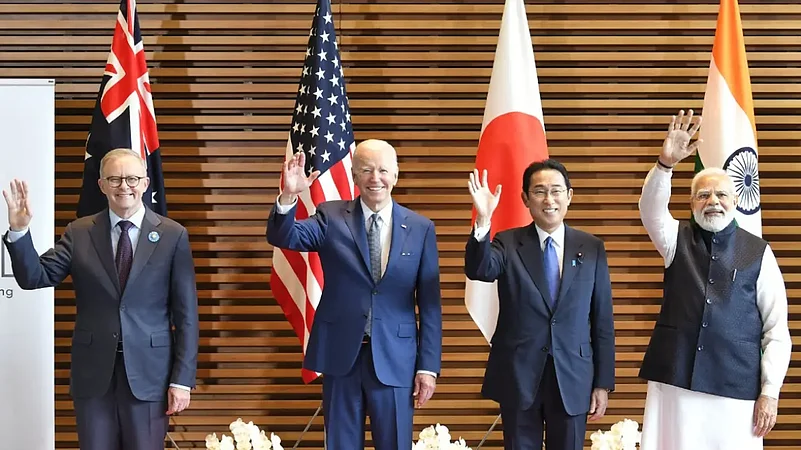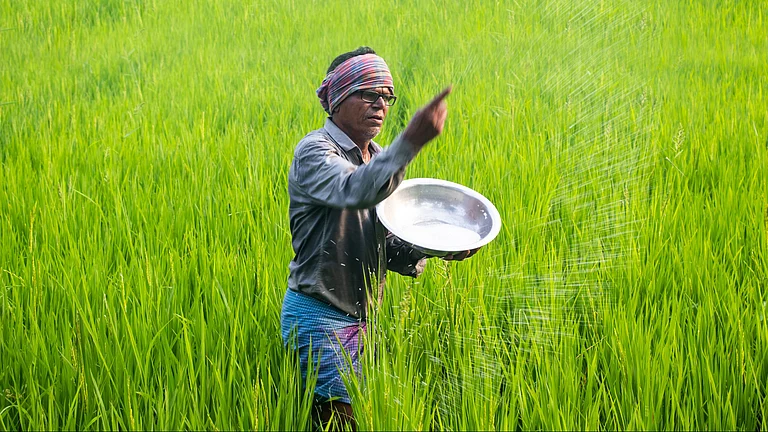India along with other Indo-Pacific nations including the US, Japan and Australia, on Tuesday committed to a free and fair trade with a view to promoting investments and achieving sustainable economic growth.
The Indo-Pacific nations also agreed to identify additional areas of cooperation based on consultations among partners to further shared interests, a joint statement said.
The joint statement was issued after the launch the Indo-Pacific Economic Framework for Prosperity (IPEF) on Monday.
"We, the India, Australia, Brunei Darussalam, Indonesia, Japan, Republic of Korea, Malaysia, New Zealand, Philippines, Singapore, Thailand, United States and Vietnam of the Indo-Pacific region, acknowledge the richness and the diversity of our vibrant regional economy.
"We share a commitment to a free, open, fair, inclusive, interconnected, resilient, secure, and prosperous Indo-Pacific region that has the potential to achieve sustainable and inclusive economic growth," it said.
The member nations also acknowledged that the economic policy interests in the region are intertwined, and deepening economic engagement among partners is crucial for continued growth, peace, and prosperity.
In the long term, the statement emphasised, the economic competitiveness would largely defined on the ability of nations to harness technology, promote innovation, participate in the digital economy, achieve energy security, and tackle the climate crisis.
Asking other interested Indo-Pacific partners to join the initiative, the statement said that collective discussions were being launched toward future negotiations on the following pillars -- trade; supply chains; cheap energy, decarbonization, and infrastructure; and tax and anti-corruption.
As regards trade, the statement said that the objective would be to build high-standard, inclusive, free, and fair trade commitments and develop new and creative approaches in trade and technology policy that advance a broad set of objectives that fuels economic activity and investment, promotes sustainable and inclusive economic growth, and benefits workers and consumers.
The statement also expressed commitment of the leaders to improving transparency, diversity, security, and sustainability in supply chains to make them more resilient and well-integrated.
"We seek to coordinate crisis response measures; expand cooperation to better prepare for and mitigate the effects of disruptions to better ensure business continuity; improve logistical efficiency and support; and ensure access to key raw and processed materials, semiconductors, critical minerals, and clean energy technology," it added.
On the issue of tax and anti-corruption, the statement proposed to promote fair competition by enacting and enforcing effective and robust tax, anti-money laundering, and anti-bribery regimes in line with existing multilateral obligations, standards, and agreements to curb tax evasion and corruption in the Indo-Pacific region.
"This involves sharing expertise and seeking ways to support capacity building necessary to advance accountable and transparent systems," it said.
In line with the Paris Agreement goals and efforts to support the livelihood of our peoples and workers, the statement renewed the pledge to accelerate the development and deployment of clean energy technologies to decarbonise economies and build resilience to climate impacts.


























.jpg?w=200&auto=format%2Ccompress&fit=max)




